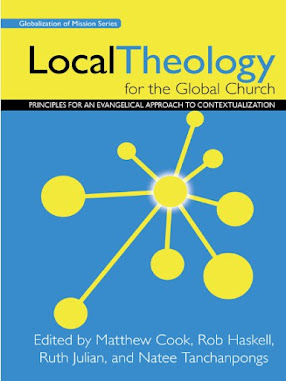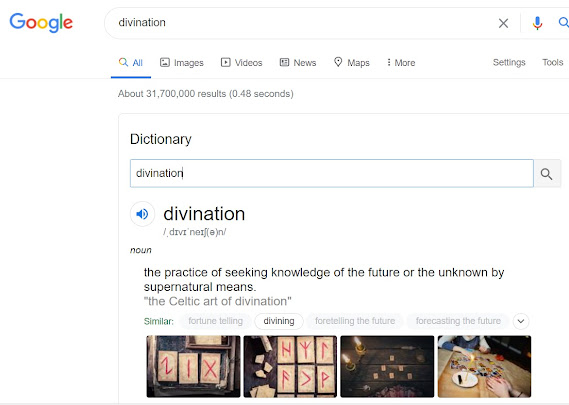A Layman's Explanation about Contextual Theology
The more I read Cook, I realise that those of us who are in the marketing of higher education, are already fully exercising what theologians now call contextualisation.
It is basically target marketing, to put it simply -- same product for different market segments.
For example, an engineering programme at Monash University Malaysia can be targeted at students who completed different pre-university programmes.
For those who had completed their A-Levels, for example, we tell them the entry requirements based on their A-Levels results; this is not something that we would give to someone who completed his/her UEC or STPM, the other equivalents of A-Levels or Matriculation programmes.
Even when we write articles for the Education Supplement pages in the local newspapers, we tailor our messages to different target groups. If we are asked to write for a children's magazine, we would talk about other more interesting things about the university. We need to know the target segments.
I remember, when I was an Laboratory Manager of Union Carbide (known as Union Polymer in Malaysia) dealing with in emulsion polymers, we had one product that could be used for different applications. PVA or polyvinyl acetate (our code was UP 101) can be applied in cheap paint (e.g. ICI Matex).
It was labelled 101 because PVA was the simplest of all polymers that we produced. The same emulsion polymer can also be used as adhesives for parquet flooring. So, when we go with our marketing staff to meet someone at Nippon Paints, for example, we would only talk about its application in paints. We don't talk to them about floor adhesives, or else they would kick us out of their office.
Not only we talk about it as 'different products' to different customers, we label it differently. For paint manufacturers, it was UP-101 but for adhesives people, it was labelled with another code number.
To make it even clearer, it is like the seminary or university that we are studying in. Some of us study Chemistry, others study Engineering, yet it is the same university, just that our experience at the same university is quite different. Likewise, we have a same theology throughout the world -- Biblical Theology -- but before it can be relevant to the people in different cultures, it must be contextualised first. Hence, this is what theologians call, "Contextual Theology" or as Cook calls it in his title, "Local theology."
Exactly how this local theology can be applicable to the global church is something that is worth finding out as I continue plough through the book to explore the thoughts of different writers in the book.
The book is available in its Kindle format from Amazon and Rakuten Kobo. I think the next time when I have a choice, I would buy it from Kindle as Kobo e-books do not allow sections of the text to be copied and quoted in theological papers -- not even to be highlighted for future reference!







Comments
Post a Comment